Singer-songwriter Omid Master lives in Port Douglass, a small coastal town popular with the tourists in the tropical north-east of Australia. Omid has been strumming and thumping out the tunes with a rock band for years, and having already released a few commercial albums with tracks successfully hitting the local charts, he’s recently taken it down a notch and recorded an acoustic album with the help of a few friends.
The album’s called Acoustic Baha’i Devotions, and that’s exactly what it is – Baha’i Prayers and Writings set to unplugged, down-to-earth acoustic guitar and other instruments.
I decided to catch up with Omid to talk about the album and his career as a musician in general.
Baha’i Blog: Can you tell me a little bit about how this album came about?
Well I was facilitating a Ruhi book 6 with a group of young people in Cairns, Australia, and I would sing Holy Writings while playing the host’s guitar – it was a nice nylon string. The group asked if I had an album, and in fact I had made home recordings of these songs, but I had included drums and other instruments on the songs. I gave copies to the Ruhi group, but after they had all heard the tracks, they said that they felt the recording didn’t replicate the beauty of the solo performance. I replied that it would cost thousands of dollars to record an album like this properly, but then two of the participants offered to fund it, but I’m going to pay them back once it generates enough sales. I also really enjoyed performances by other artists in the Cairns region at meetings, namely Nabil, Jay, Danika and Saphira, and felt they should be on an album – so I asked them to participate and they did.
Baha’i Blog: You’re a commercial singer-songwriter and you’ve already released a few albums, but this album is based on the Sacred Baha’i Writings. Can you tell me what your experience in composing and recording this album was like, and how it differed to working on a commercial album?
Composing music to the Writings is much easier than commercial music. The Writings are so poetic and structured so neatly that the music is easily added. Most writers write lyrics first – and this is the hard part. I often write the music first to get inspiration for the lyrics, and this is hard – so I think I am destined to continue to put the Writings to music.
Baha’i Blog: How did you select the Writings you used for this album?
Most of the songs have come about from being asked to do a prayer at a function, or if I find a Baha’i reading that looks like it should be put to song. Usually the shorter ones like the Hidden Words appear to suit musical presentation. One of the financiers for this album also asked me to do one for the long Healing Prayer, so I did.
Baha’i Blog: What do you want listeners to walk away with after they’ve heard the album? What sort of ‘feel’ were you going for on this album?
I hope it calms people and puts them in a reverent mood. I would like them to feel they can listen to the songs again and learn the writings because they enjoy the words and tunes. Also, I hope that it can not only be put on at functions, but can also be used in the background in the car or at dinner.
Baha’i Blog: How long have you been writing, composing, singing, and what are most of your commercial albums about or what inspires you to write your music?
I have been writing since I was 15 years of age. Most songs require emotion and passion about a topic or event. The theme that runs through the albums is love, drama, my life and dreams. The title track of my first album “everything is okay” is about going home and disconnecting from the day. The title track from the second album “forgotten about today” is more about trying to enjoy the ‘now’. I sing “spent so much time thinking about tomorrow I have forgotten about today”.
Baha’i Blog: How has this album been received by the community so far and what sort of feedback have you been getting?
Its hard to say, once someone has taken the CD home I don’t hear from them. Most of the positive feedback I get comes from live performances. I often play these Bahá’i songs at commercial shows and people love them and want to buy all three albums. I have had some good comments from my friends on Facebook, but I don’t find out about sales until I receive a cheque. Unfortunately I earn much more from live shows than from CD sales.
Baha’i Blog: Ultimately, what are your dreams and aspirations as a musician, or what do you hope to achieve as a musician?
We are to be happy with God’s will. The track on the album “Prefer not your will to Mine” reminds me of this every time I play it, so I try to be content with what I have achieved so far. I want to travel and do large shows to crowds of 1,000’s, but I usually don’t get to play to more than 200. The good thing about living in a location where there are lots of tourists, is that I don’t need to tour for audience because people come here and see me play at various events and venues like in the rainforest every Saturday at a place called “Flames of the Forest”. The only disadvantage is that the media elsewhere don’t hear about me, and so I don’t get a lot of airplay outside of tropical north Queensland.
Baha’i Blog: What’s one or two of the most important things you’ve learned as a musician over the years?
To be detached from your art. Some people will like it, and others wont take to it. It is most important to do what you feel is right, and not take everything people say as correct – but it is good to listen without feeling hurt. It is also important to remember the art and not the competition. The Writings warn us of the “prostitution of the arts” and the way the commercial business has gone, it has sunk to its lowest depths where hard work, talent and skill are not as important as image, familiarity, competitive strategy, marketing – particularly promotion, youth appeal and computer production.
Baha’i Blog: Thanks so much for your time Omid, and congratulations on the album!
For all those who would like to listen to samples or purchase the album, just click here.
Posted by
Naysan is passionate about using the arts and media to explore the teachings of the Baha’i Faith. Back in 2011, Naysan started up the Baha’i Blog project, channeling his experiences in both media and technology companies to help create a hub for Baha’i-inspired content online.








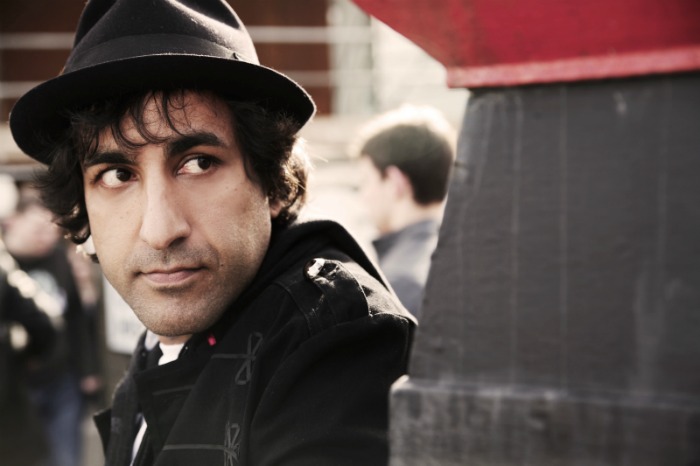
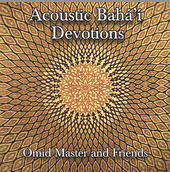
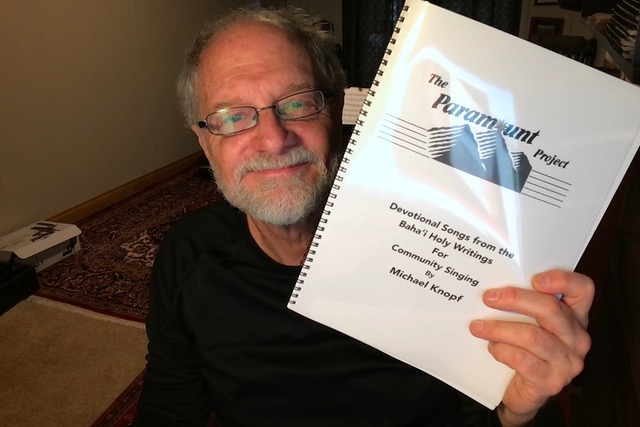
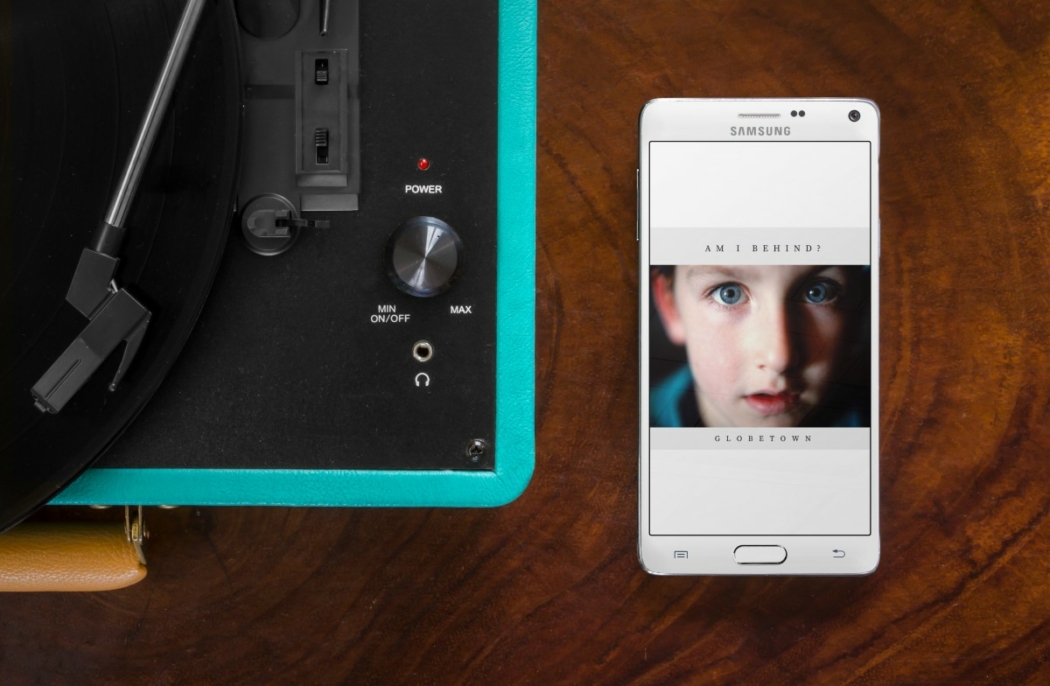
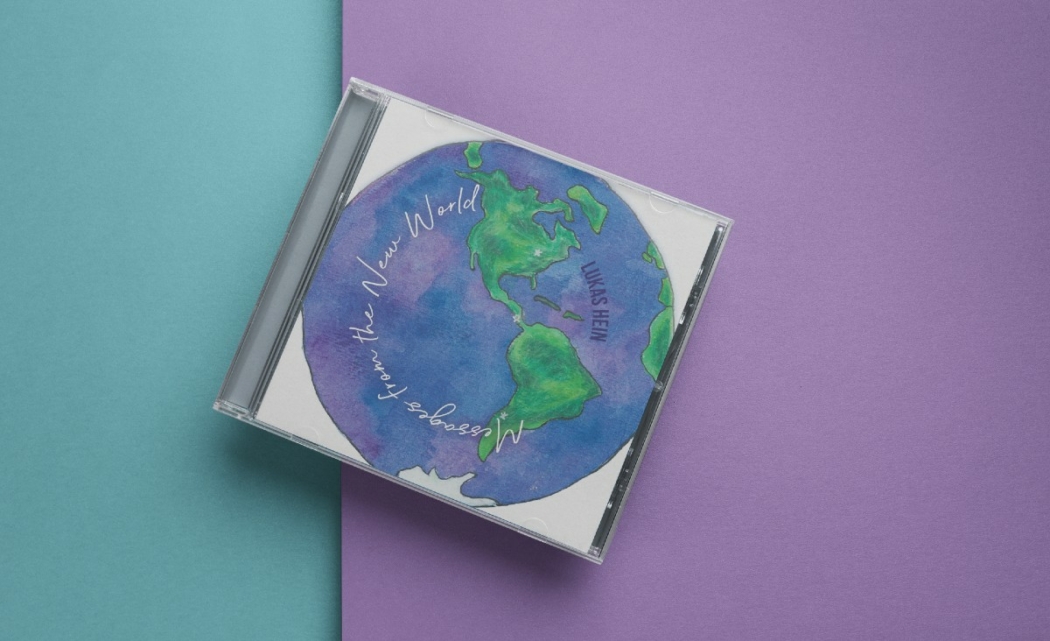
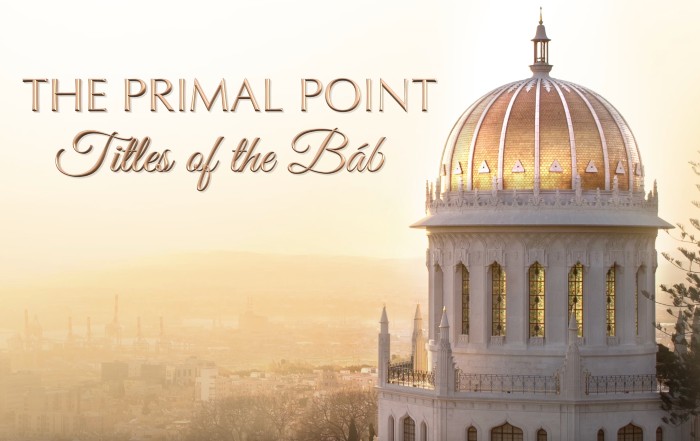
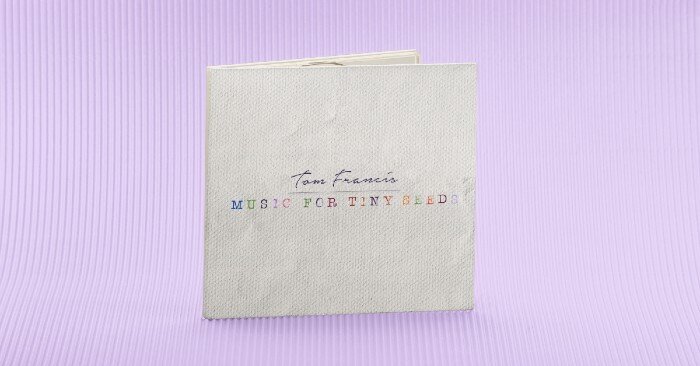
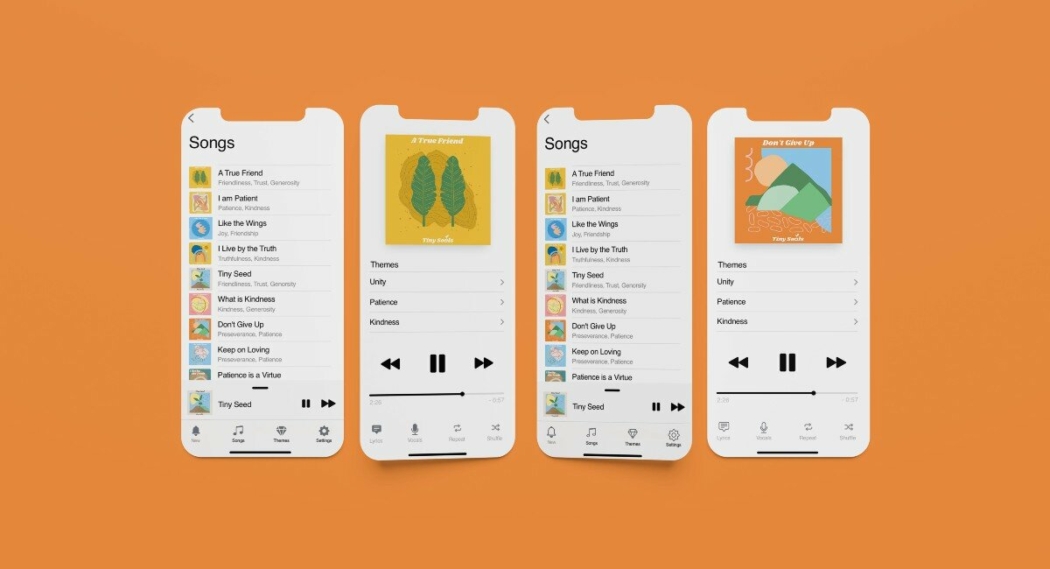
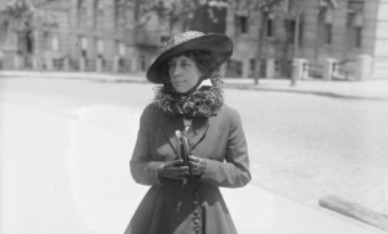
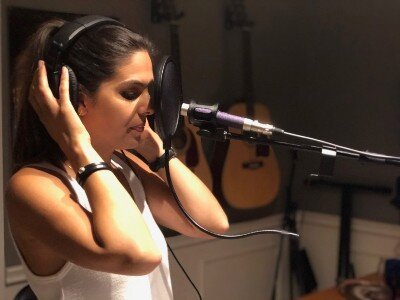


















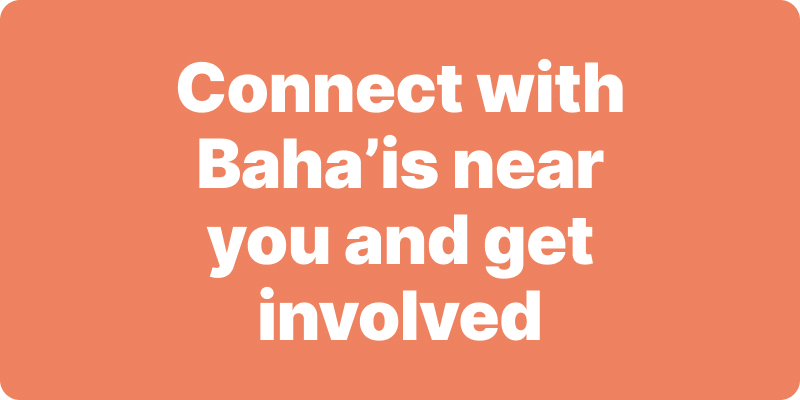

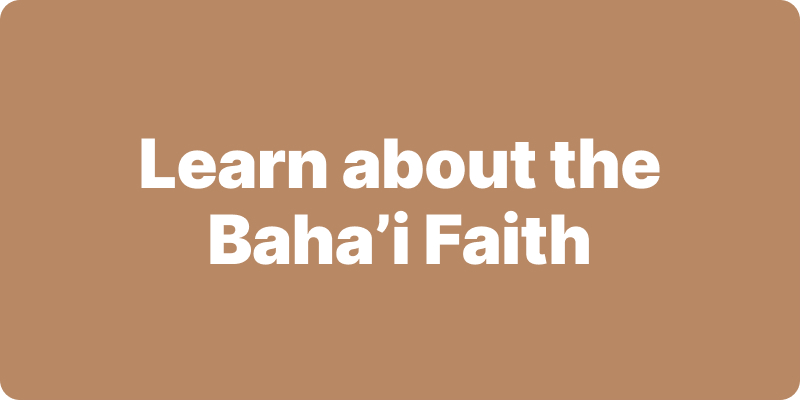


We often play Omid’s music on Glad Tidings, a local Baha’i radio programme broadcast over community radio here in Canberra.
lynette thomas (May 5, 2012 at 4:35 AM)
Omid jan, I heard you singing at Naw Ruz in Palmerston and you have an angle voice. Wish you all the best. Ferdous Mitchell
ferdous Mitchell (May 5, 2012 at 11:50 AM)